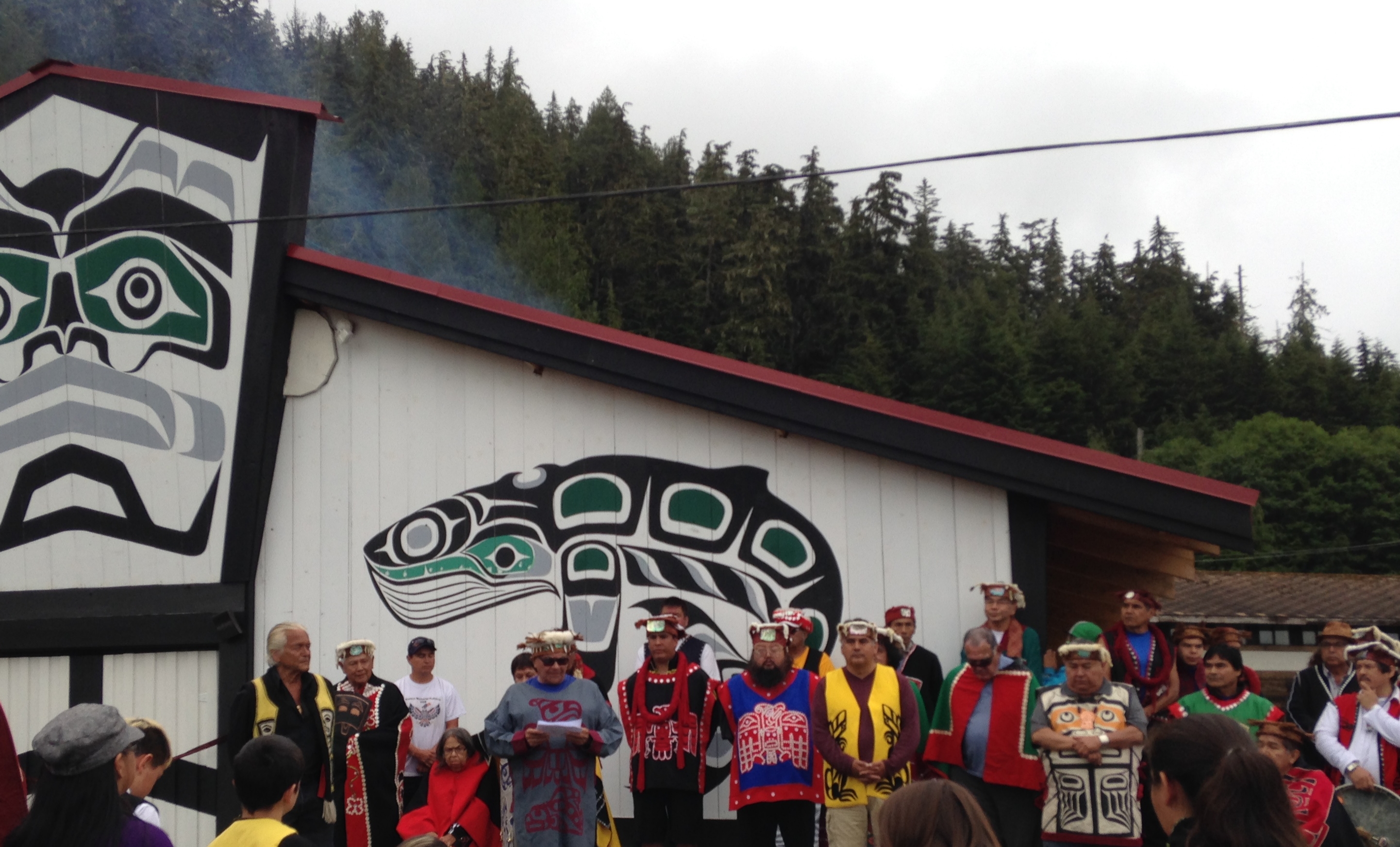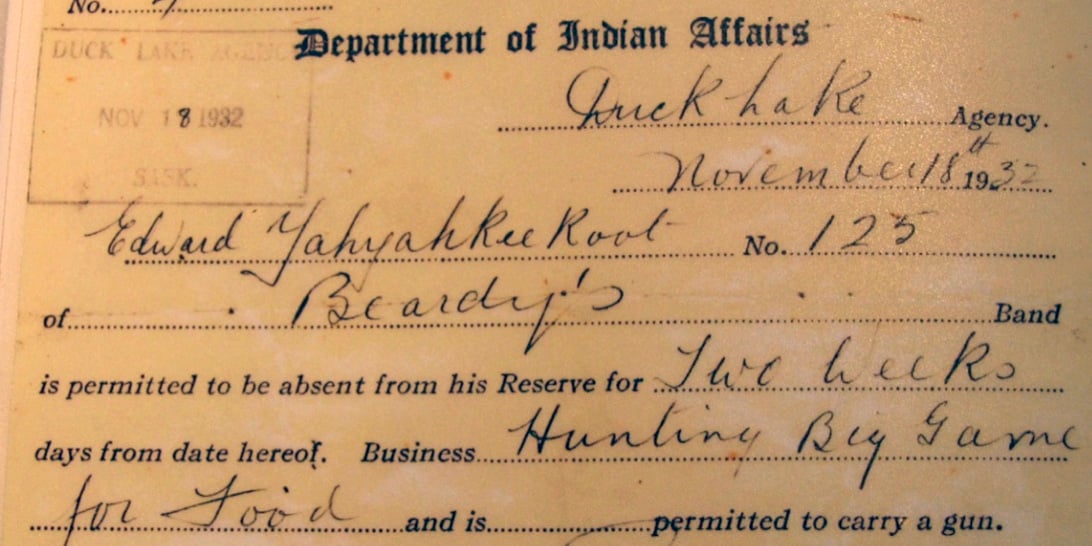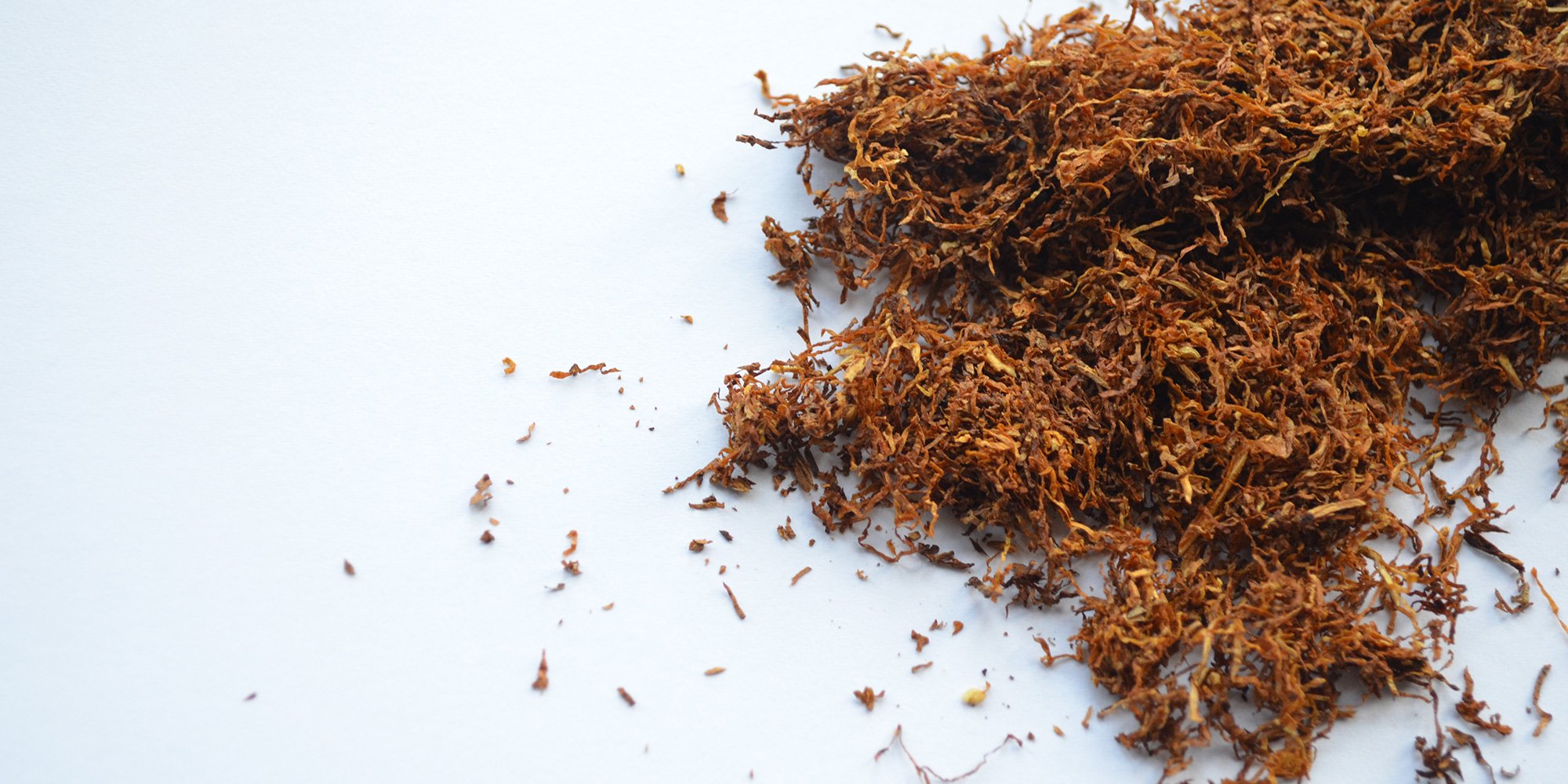21 Things™ You May Not Have Known About the Indian Act
The great aim of our legislation has been to do away with the tribal system and assimilate the Indian people in all respects with the other...

The passing of Frank Nelson (February 24, 1945 - August 3, 2014) left a hole in the hearts of a vast number of people. He will be remembered and mourned by many for many different reasons.
Chief Nelson was a member of the Musgamaqw-Dzawde’anuxw Nation and grew up between Gwayee (Kingcome) and Gwaysdams (Gilford). As a hereditary chief, he assumed his father's position in June 1983 and became fully involved in his culture and working to keep that culture alive and ingrained in the youth.
He attended, as did most people of his generation, a Residential School. His experience is described in this passage from his eulogy “Along with all his siblings, and many friends and family members, he is a survivor of the infamous Residential School era, and attended St. Michael’s Indian Residential School in Alert Bay. His recent Residential School Claim and Hearing allowed his “silenced and wounded child within” to cry and ask “why?” He brought his little brown suitcase from 1954, which he carried when he first entered the School, to this hearing. This little brown suitcase remained closed (symbolic of hiding his shame, anger). When he completed his testimony, he slowly opened his little brown suitcase, as if to say “come out, little Boy, it’s safe now”.” In spite of his experiences in the dark halls of St. Michael’s, he at one point in his life aspired to become an Anglican minister.
He was a natural musician with a gift for both composition and singing. One of his most popular CDs, a compilation of songs for Tribal Journeys, is “In the Spirit of Our Ancestors” Yekawid Chief Frank Nelson.
Tribal Journeys was one of Chief Nelson’s passions and one of his greatest legacies. For those unfamiliar with Tribal Journeys, these are celebrations of First Nation canoe cultures. He worked tirelessly behind the scenes on the massive logistical challenge in organizing an event that brings together over a hundred canoes from the Pacific Northwest, each with 10 - 15 paddlers, support boats and road crews for a two week journey, which culminates in a festival. He coordinated and led his first canoe family in the 1992 Tribal Journeys as preparation for the grand and memorable canoe gathering in Victoria for the Commonwealth Games in 1994 - 25 canoes arriving in the Inner Harbour is a sight thousands of visitors took home with them. He became the “Father” of Tribal Journeys - his presence in each Journey was honoured.
He was not just part of the organization team though, he was out there on the water with his canoe family in his beloved canoe Dzunugwungis - many of the songs he wrote were inspired by his travels in his canoe and he attributed much of his healing journey to the time he spent on the water in Dzunugwungis.
He spent the last day of his life celebrating the opening of the Big House in Guilford, surrounded by family, friends and pageantry of the Musgamaqw-Dzawde’anuxw Nation culture; he sang his last songs at the center of the log. He was carried home in Dzunugwungis to his final resting place in the ‘Namgis graveyard in Yalis (Alert Bay). (Chief Frank Nelson has orange on his regalia bottome right)

On the beach of Yalis (Alert Bay), waiting for the canoes to come in, during the farewell ceremonies for Chief Frank Nelson. 
I took the following from a facebook post by William Wasden
"'Namgis Nation and Alert Bay Community, we are welcoming in our late Uncle Chief Frank Nelson's canoe and his family at the U'mista beach at ten o'clock am tomorrow. We will then guide them up to the Guxwdzi to carry out his memorial proceedings. No regalia, just come in your formal clothing to help pay our final respects to our beloved Chief... "

He leaves, to mourn him, his wife, “Lady Di”, children Alphonse and Genea, nine grandchildren and the countless people whose souls he touched and lives he changed with his compassion and his unwavering belief that everyone should get in touch with their roots and identity.

The great aim of our legislation has been to do away with the tribal system and assimilate the Indian people in all respects with the other...

Carbon tax is a form of pollution tax. It levies a fee on the production, distribution or use of fossil fuels based on how much carbon their...

Tobacco, one of the four (sweetgrass, sage and red cedar being the other three) sacred plants of Indigenous Peoples has a very long history and a...